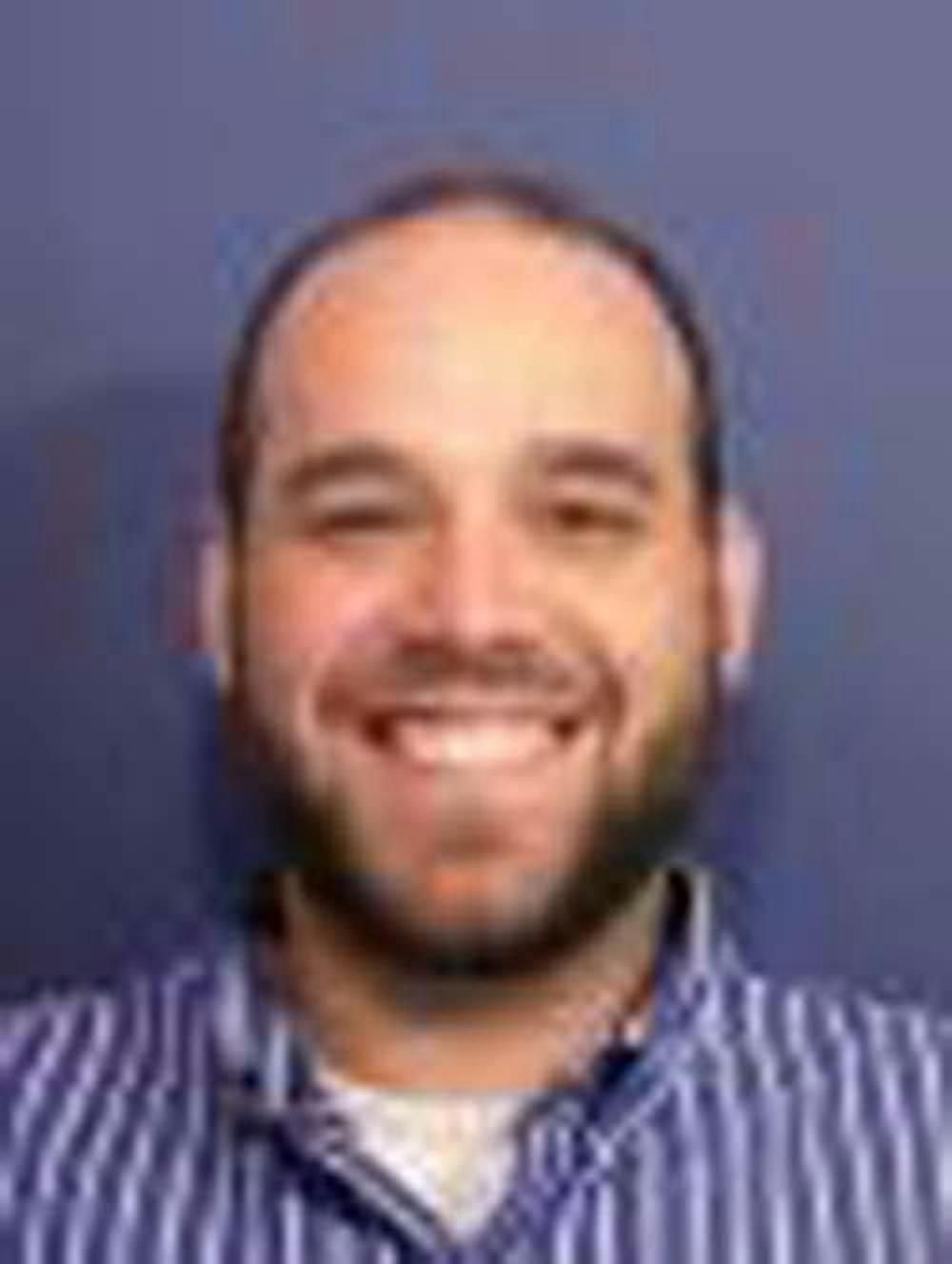Anthony Paz (The Beacon)
By Anthony Paz, Guest Commentary
Getting to know someone's religious beliefs is an essential part of building a close relationship. Through open conversation you can learn the source of another's values and ethics while gaining a new perspective on the nature of the universe. One thing that is fairly common to hear is that someone is "spiritual but not religious." To some, this is the most natural, forward-thinking outlook to adopt: Religiosity encourages exclusionary, tribal behavior and limits critical thought. To others, this is downright offensive: those who are spiritual without religion appear superior to the crutch of blind belief and have an ability to think freely. Mostly, the rise of the Spiritual But Not Religious (SBNR) as an identifiable creed indicates both a distrust of traditional religion and a deep hunger for something difficult, nearly impossible, to name. Overall, it is a very positive instinct. However, in my opinion, being SBNR can leave one at huge disadvantage when it comes to personal spiritual growth.
How can we define these two rather abstract concepts of "religion" and "spirituality?" This is a tough thing to do, and there's a different way to draw the distinction for each person who's spend time contemplating the topic. Here's my take: spirituality is simply the way we define and channel our innermost desires and passions (Fr. Ronald Rolheiser uses the terms "fires" for this idea). If we go back to the root of the word, we find that "spirit" is "breath" for the intangible pieces of our beings- our souls, psyches, minds, hearts, selves, or any other word you use to describe this. It's what makes us alive in more than the physical sense. "Religion" is no easier to define. However, it seems to be oriented toward outward actions and ideas. It involves a set of beliefs gained from outside experience and the community and participation in specific actions designated by the community, often in a ritualized form. In short, religion is the active participation in communal beliefs and practices toward the Most Real.
I hope that both of these concepts are considered neutral. Some types of spirituality could involve hate, obsession with power and unrepentant greed, for these are natural parts of our humanity, but not things we need to nourish. Religion, too, can take the form of uncritical group-think, empty rule-keeping and even mob violence. Usually, however, they are both really good expressions of the best parts of humanity. And, they do best together.
In being 'spiritual' we acknowledge and nourish the innermost intangible needs of the self. This is essential to living well. For Christians this means prayer, self-reflection and repentance all with the goal of growing close to God through Jesus Christ. However, a Christian, or anyone else for that matter, who is SBNR lacks the much-needed guidance found in a community of believers who share a common tradition. Without the help of religion, spirituality can quickly become navel-gazing, undisciplined stabs at meditation and ethical confusion. The goal of good spirituality is to nourish ourselves to the point of positive transformation, but such transformation is extremely difficult with the help of others.
Religion is where that help comes from. It isn't perfect. Religion can bring out the worst in us by creating rule-mongering, self-righteous jerks. This is the world that Jesus found and decried throughout his life. But spirituality without the aid and wisdom of others, in the form of accepted doctrine and devotional acts, can leave us confused and spinning our own wheels as we search for Truth on our own.
If you have a spiritual hunger of any kind and identity as Spiritual But Not Religious, then you're on the right track - naming our hunger is the first step to feeding it. But don't fall into the trap of relying solely upon yourself. Seek guidance from the religious traditions of people you know and respect, whether alive or dead. Coupled with true spirituality, religion is a source of life and action like nothing else in the world.
Anthony is the assistant director of Faith Formation. He can be reached at paz@up.edu.
Campus Ministry Calendar
Wednesday, January 23, 2013
8:30 p.m. Fish - Buckley Center 163
Monday, January 28, 2013
6:00 p.m. Gay Straight Partnership Meeting - Franz Hall 222
Wednesday, January 30, 2013
8:30 p.m. Fish - Buckley Center 163
Monday, February 04, 2013
6:00 p.m. Gay Straight Partnership Meeting - Franz Hall 222
Monday, February 11, 2013
6:00 p.m. Gay Straight Partnership Meeting - Franz Hall 222








